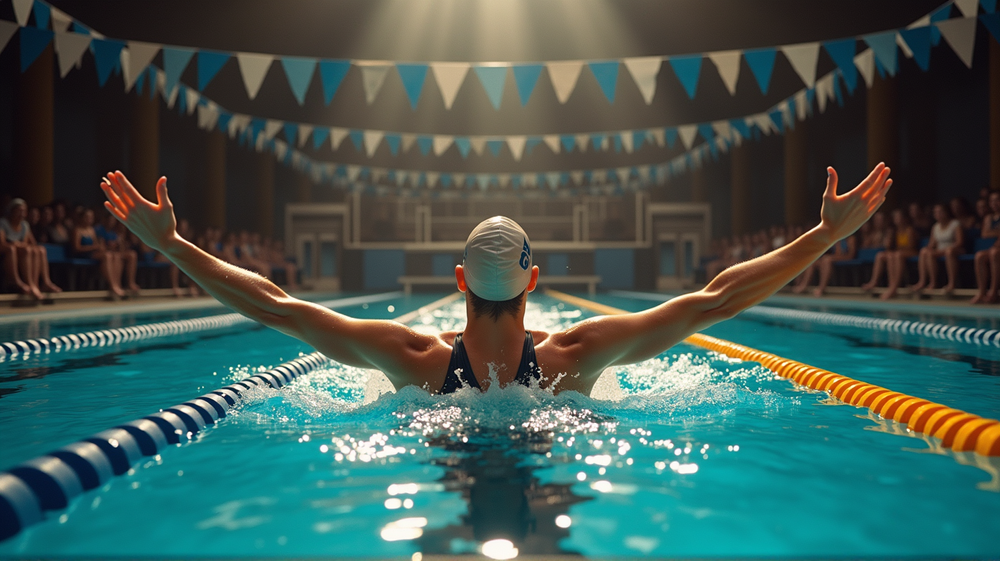World Aquatics Agrees to $4.6M Settlement Amid Swimmer Revolt
In a groundbreaking resolution, World Aquatics has agreed to pay $4.6 million in compensation to athletes who participated in a breakaway swimming series, marking a revolutionary moment in the governance of the sport. The settlement comes after an antitrust lawsuit filed by high-profile swimmers, bringing significant attention to athletes’ rights within international sports.
Legal Battle Against Swimming’s Governing Body
The lawsuit was initiated by Olympic champions Katinka Hosszu and Americans Tom Shields and Michael Andrew. Filed in California, the action targeted what the athletes saw as unfair control by World Aquatics, formerly known as FINA, over new swimming events. As the lawsuit unfolded, swimmers from around the globe, including Canadian medalists Penny Oleksiak, Kylie Masse, and Sydney Pickrem, stood in solidarity, showcasing unity in the face of systemic challenges.
Settlement Details and Impact
World Aquatics’ decision to establish a $4.6 million fund signals a shift towards more equitable competition regulations. It acknowledges the groundbreaking efforts by swimmers who dared to defy traditional structures, competing at the International Swimming League (ISL) events despite threats of bans. As part of the settlement, the athletes are not just compensated but also recognized for pushing the boundaries, thereby forcing the governing body to enhance prize offerings at its own events.
The ISL and Its Role in the Conflict
The International Swimming League, largely seen as a turning point in professional swimming, was paused in 2022 due to geopolitical tensions. The ISL’s entrance into the swimming world had compelled World Aquatics to reconsider its competitive and financial models. It was a direct response to provide higher rewards for athletes, challenging the status quo.
Reactions from World Aquatics Leadership
World Aquatics president Husain al Musallam expressed relief at reaching a consensus. “We are committed to ensuring our athletes are treated fairly,” he stated, acknowledging the disappointment felt by those involved in the ISL. The governing body’s change of heart and willingness to resolve with monetary support reflects an evolving perspective on athlete governance and compensation.
Unresolved Issues and Future Outlook
Though this settlement brings closure to one chapter, a separate lawsuit by the ISL remains unresolved. The ongoing legal discourse points towards continuing challenges and opportunities for reforms within international sports organizations. As stated in CBC, the move could redefine how governing bodies engage with emerging leagues and athletes, ensuring fairness and support for competitive pursuits.
This development not only restores justice to athletes who were once cornered by bureaucracy but also paves a future where voices of athletes ring louder, resonating both in courts and pools worldwide.




